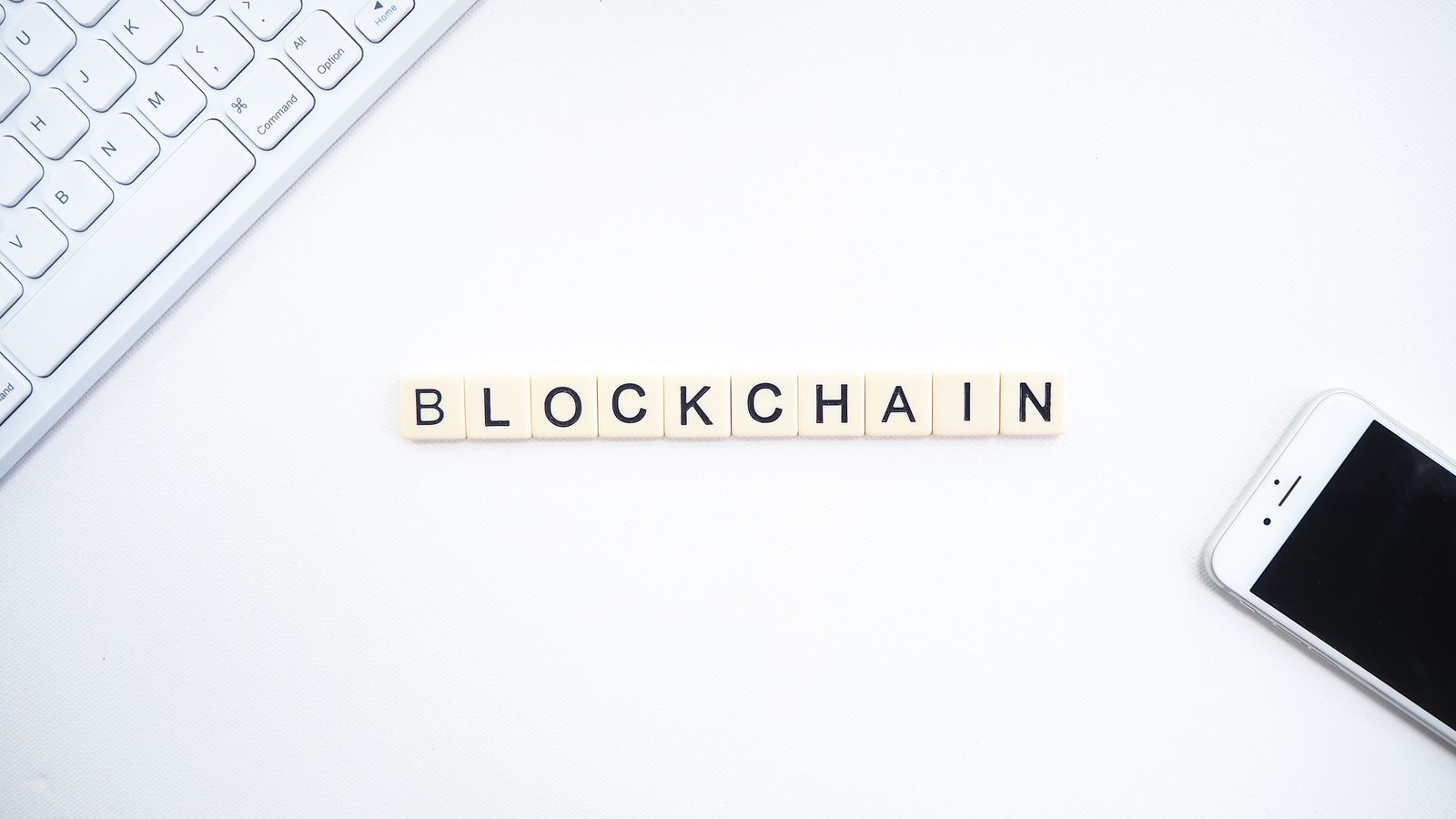Showing all posts tagged "Blockchain"
Blockchain and ERP integration: A Guide

- Process automation: Smart contracts, driven by blockchain, help companies automate many of their processes that do not necessarily require human intervention. For example, you can set up an invoice to be generated and sent to a client on a particular date every month, provided there are no variables, of course.
- Security: Thanks to the very foundation of blockchain, i.e., protection of data, companies can ensure safety in their processes. It also provides visibility across the network, which makes it extremely simple to keep an eye on operations and their progress.
- Fortify ERP systems: Yet another vital benefit of integrating blockchain with an ERP system is that it helps companies put together highly capable and agile systems as a result. They are also very sharp, ensuring companies can keep up with evolving technologies, i.e., their policies don’t become obsolete every time a new technology comes around. In addition to that, leveraging blockchain technologies with ERP systems also enables a high degree of customization so as to ensure that the system is primed to deliver on the company’s unique requirements.

- Process automation: Smart contracts, driven by blockchain, help companies automate many of their processes that do not necessarily require human intervention. For example, you can set up an invoice to be generated and sent to a client on a particular date every month, provided there are no variables, of course.
- Security: Thanks to the very foundation of blockchain, i.e., protection of data, companies can ensure safety in their processes. It also provides visibility across the network, which makes it extremely simple to keep an eye on operations and their progress.
- Fortify ERP systems: Yet another vital benefit of integrating blockchain with an ERP system is that it helps companies put together highly capable and agile systems as a result. They are also very sharp, ensuring companies can keep up with evolving technologies, i.e., their policies don’t become obsolete every time a new technology comes around. In addition to that, leveraging blockchain technologies with ERP systems also enables a high degree of customization so as to ensure that the system is primed to deliver on the company’s unique requirements.
Posted on August 12th, 2020
How Blockchain Technology is Revolutionizing Real Estate in 2019?
Importance of Blockchain
Blockchain is a crucial technological advancement that connects multiple units of information in one chain. It gained its popularity a decade ago when it was created to support the cryptocurrency bitcoin. Blockchain technology is influencing almost every industry by transforming it through various ways, and the real estate industry is one of them. Real estate is one of the paper-record based industry which includes record storage documentation for contracts, leases, maintenance, compliances, and many more. It involves the exchange of various documents and lacks attributes such as synchronization, security, integrity, and more.
What if a technological masterpiece could address all such challenges and makes the real estate industry much more convenient and accessible? Let’s discuss how the utilization of blockchain technology in the real estate sector could help increase transparency and efficiency.
Multiple Listing Service
The primary issue for real estate brokers and agents is the convenience to access data and to have a transparent ledger system where one could see the entire transaction history of the property. The up-gradation of the Multiple Listing Service (MLS) database to a blockchain-enabled data indexes every available property in the city. It allows data to appear in real-time in a simple and easy-to-use format.
Automated and Secure Smart Contracts
It is of no wonder that real estate transactions can take months and years to get accomplished. Sales using smart contract will cut-off all the middlemen. Just imagine how much money and time can be saved by eliminating all the middlemen - banks, brokers, attorneys, and more. Smart Contracts transaction is completed entirely between the seller and the buyer and involves no human interaction.
Tokenization in Real Estate
Previously, owning the remunerative assets required the investment from wealthy investors, and gradually, buyers wait for years till the property get liquidate. It changes with tokenization as it will not only increase the liquidity of traditionally illiquid assets but will also make trading possible without third-party intervention. Tokenization is a term used for the digital representation of a real estate. That means it makes it easy to purchase property with digital currency investments. Also, having tokenizing platforms for real estate could amalgamate all the processes and transactions. Therefore, it saves broker fees and closing costs and completes the entire purchase in a day rather than waiting over several days or weeks.
Decentralization
Blockchain is a decentralized technology that enhances trust and security. The information stored inside a blockchain is accessible to all the peers on the network. So, the data becomes transparent for everyone who is the part of the web, and no one can tamper it because of its cryptographic hash function usage. It builds a more confident system as all the information can be verified by peers, sellers, and buyers from anywhere in the world. Hence, such technological advancement would also decrease fraud attempts making the transactions more robust.
The future of blockchain is beyond imagination as it is changing the approach of the real estate industry. With the increasing awareness of blockchain technology amongst real estate professionals, one can witness the potential growth of blockchain technology. Hence, the above benefits must be considered while choosing a company for property website development.
Posted on August 29th, 2019

